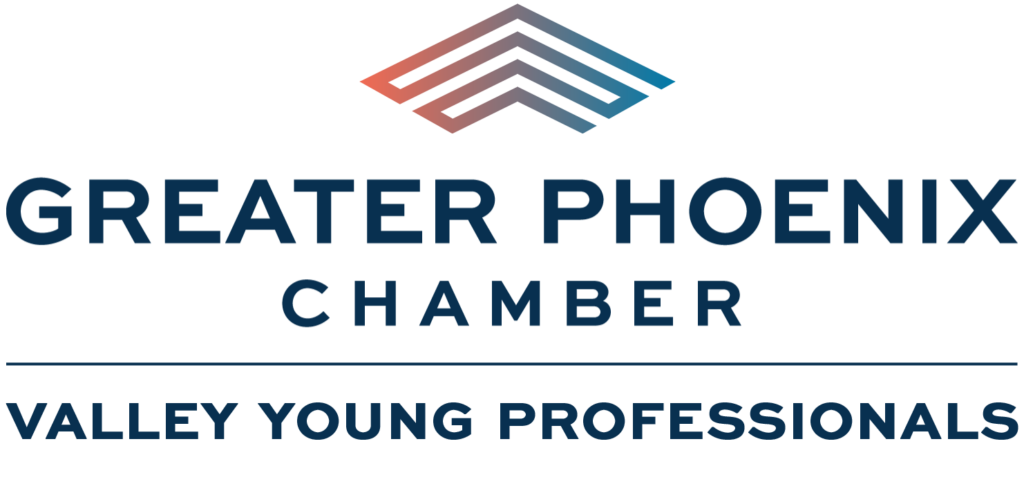
As we move into the summer months and the economy continues to reopen, many young professionals are exploring home ownership for the first time. With a red-hot Phoenix real estate market, it is important to keep some things in mind before being caught up in the housing craze. I purchased my first home just fourteen months ago: here are three tips that I learned through that process that every young professional should think about before buying their first home.
Establish Your Budget
Unsurprisingly, the first step in the home buying process is determining your budget. Many authorities recommend not spending more than approximately 30% of your pretax income on your mortgage payment. Once you determine how much a month you are comfortable with spending on a housing payment, be mindful of other costs of homeownership. If you are currently spending $1200 a month on rent, this doesn’t mean you should budget the full $1200 a month for your mortgage payment. There may be costs associated with owning your own home that you did not have to worry about while renting. For example, the condo I rented before buying my home last year included utilities, HOA fees and gym access within my rent payment. These are costs that I now have to pay separately. While homeownership undoubtedly has its benefits, it also means that you are solely responsible for any repairs that need to be made – so make sure you don’t spend all your savings on your down payment.
Financing
If you are like most young professionals purchasing their first home, you will be taking out a mortgage to finance part of the home’s purchase price. One thing many first-time homebuyers do not know is that most banks will require the borrower to pay private mortgage insurance (often called PMI) if the borrower does not put down at least 20% of the home’s purchase price. For example, if the home’s purchase price is $250,000, most banks will require you to put at least $50,000 down in order to avoid paying PMI. PMI generally costs .5% – 1% of the total loan amount per year. On the $250,000 home we have been discussing, this would be $1250 – $2500 a year. While many young professionals do not have the savings built up in order to put a full 20% down in order to avoid PMI, there are ways to avoid it. For example, some banks provide special loan programs that eliminate the need for PMI for individuals who have graduated graduate school or are veterans. Some credit unions have other programs which can help new borrowers avoid PMI. Regardless of your budget, it is worth your time to shop around at different banks and credit unions to find both the best interest rate on your mortgage, but also to see if you qualify for any of their special programs that could save you thousands over the course of your mortgage.
Picking Out Your Perfect Home
Shopping for your first home is an exciting process, and it can be tempting to only focus on getting the best home for your current circumstances. However, general wisdom states that buying a home often does not make financial sense unless you hold it for at least five years before selling, due to closing costs and other costs attendant to a sale. This tip may seem obvious, but when looking for your new home, try to predict your future needs (and your family’s) as well as your present ones. In light of the pandemic, many professionals have begun working remotely. As the economy continues to reopen, your employer may allow a hybrid approach. If working remotely is something you value, consider an extra bedroom to turn into a home office. If a dog or a child is in your future, consider how that will affect your home needs (a backyard; pool; or extra room). Thinking a few years in advance will prevent “home regret” and ensure you do not feel stuck in a home you quickly outgrow.


